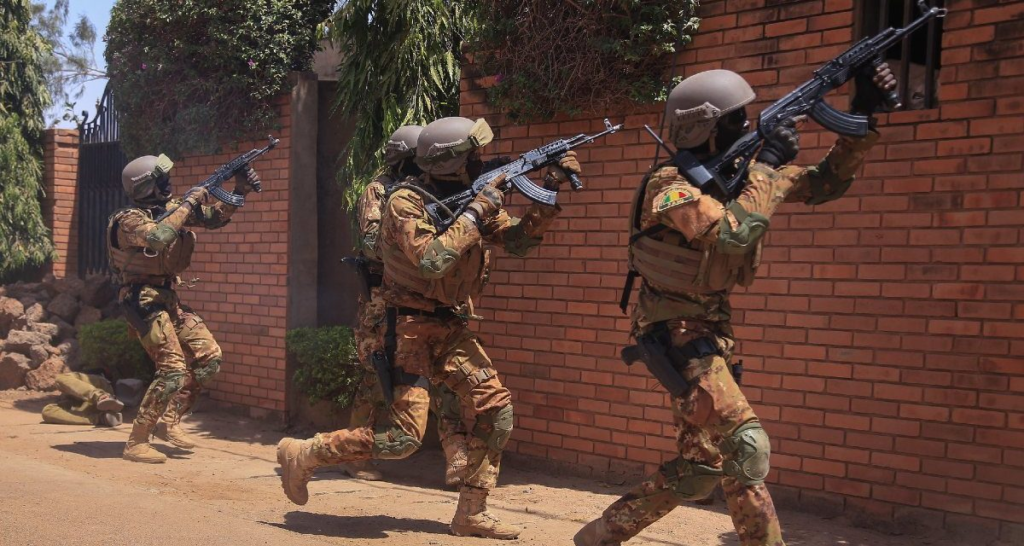In the murky world of private military companies, few have garnered as much notoriety as Russia’s Wagner Group. This secretive mercenary organization has been steadily growing its influence and reach far beyond Europe, with a particular stronghold in Africa. A scathing report by the UK’s Parliamentary Foreign Affairs Committee (FAC) has shed light on the dangers posed by Wagner and the government’s failure to grasp the gravity of the situation.
Led by Chair Alicia Kearns MP, the cross-party committee accused the UK government of a “dismal lack of understanding” concerning Wagner’s activities in Africa. The report, spanning 82 pages, exposes how Wagner has established a highly successful and profitable business model, working in countries like Ukraine, Syria, the Central African Republic (CAR), Sudan, Libya, Mozambique, and Mali. In these nations, Wagner’s military activities have often come at the expense of local populations, enriching both the group and its client rulers.
Of utmost concern is Wagner’s recent emergence in Belarus, where thousands of their fighters have settled, threatening to launch cross-border raids into NATO state Poland. The FAC’s investigation relied on information from a high-ranking Wagner source, a “defector,” who revealed shocking revelations about the group’s brutal practices. Wagner has been accused of teaching local authorities in CAR the art of torturing civilian captives, and in Mali, it has replaced Western-backed forces while cozying up to an autocratic government.

The committee’s report points out that where Western forces withdraw, Wagner moves in, capitalizing on suffering and chaos. This strategic approach aligns with the Kremlin’s goal of destabilizing and manipulating struggling states, effectively turning them into clients reliant on Wagner’s services.
While Wagner’s atrocities are a major concern, the report also highlights the need to regulate Private Military Companies (PMCs) globally. Western-backed PMCs have faced criticism in the past for their actions, underscoring the wider issue of accountability and human rights in this industry.
Given Wagner’s close ties to the Russian government, sanctions alone may not be sufficient. The UK, a leading military aid supplier to Ukraine, has imposed heavy sanctions on the Wagner Group, targeting its leader Yevgeny Prigozhin and key commanders. However, Chair Alicia Kearns insists that the UK should go a step further and proscribe Wagner as a terrorist organization.
In conclusion, the Wagner Group’s rise to power serves as a stark reminder of the ever-present threat of shadowy mercenary organizations and the need for robust global regulations. The UK’s parliamentary report should serve as a clarion call for governments worldwide to tackle the dangers posed by such groups and safeguard vulnerable nations from exploitation and instability.





